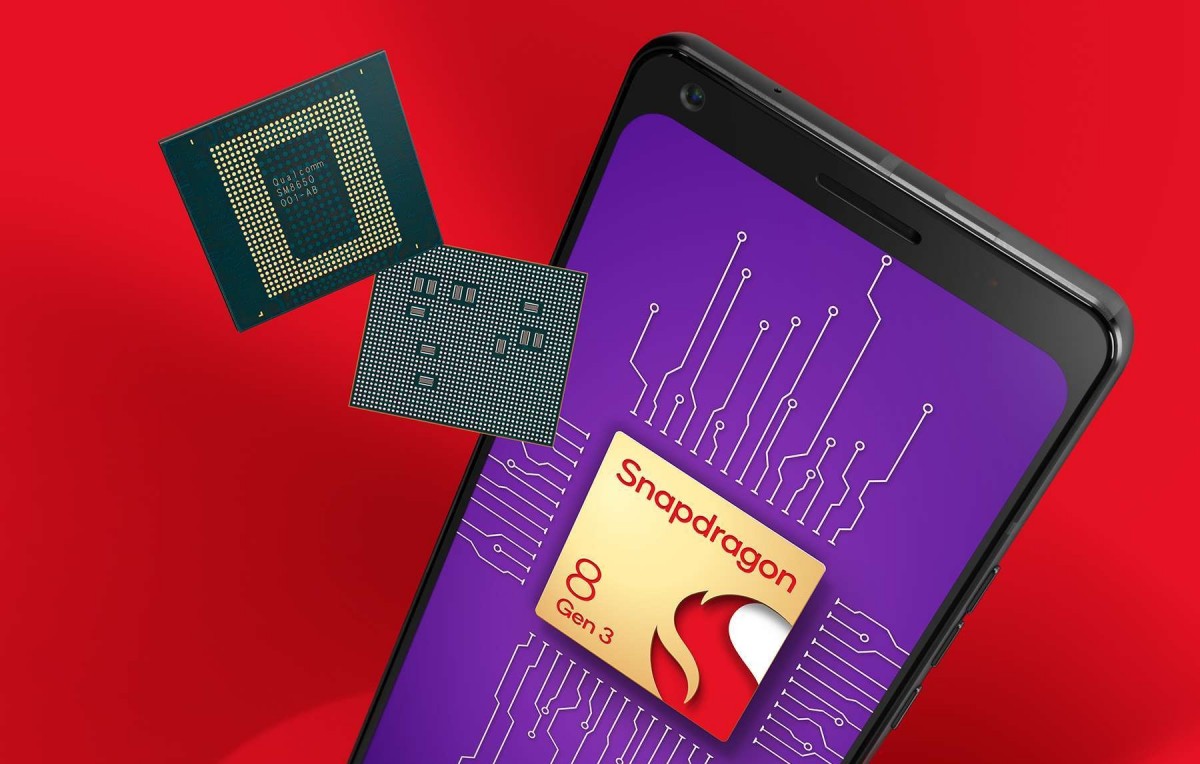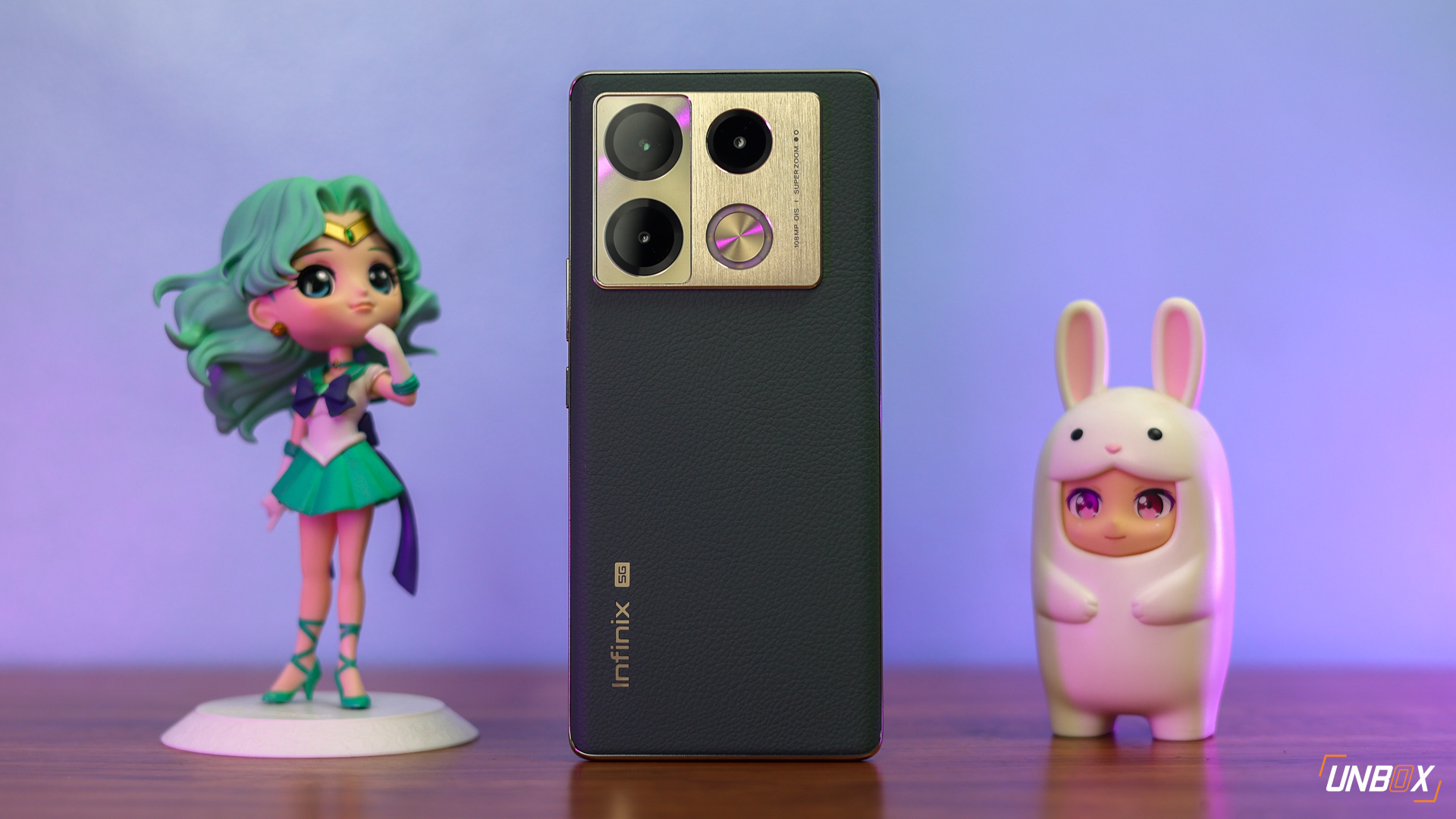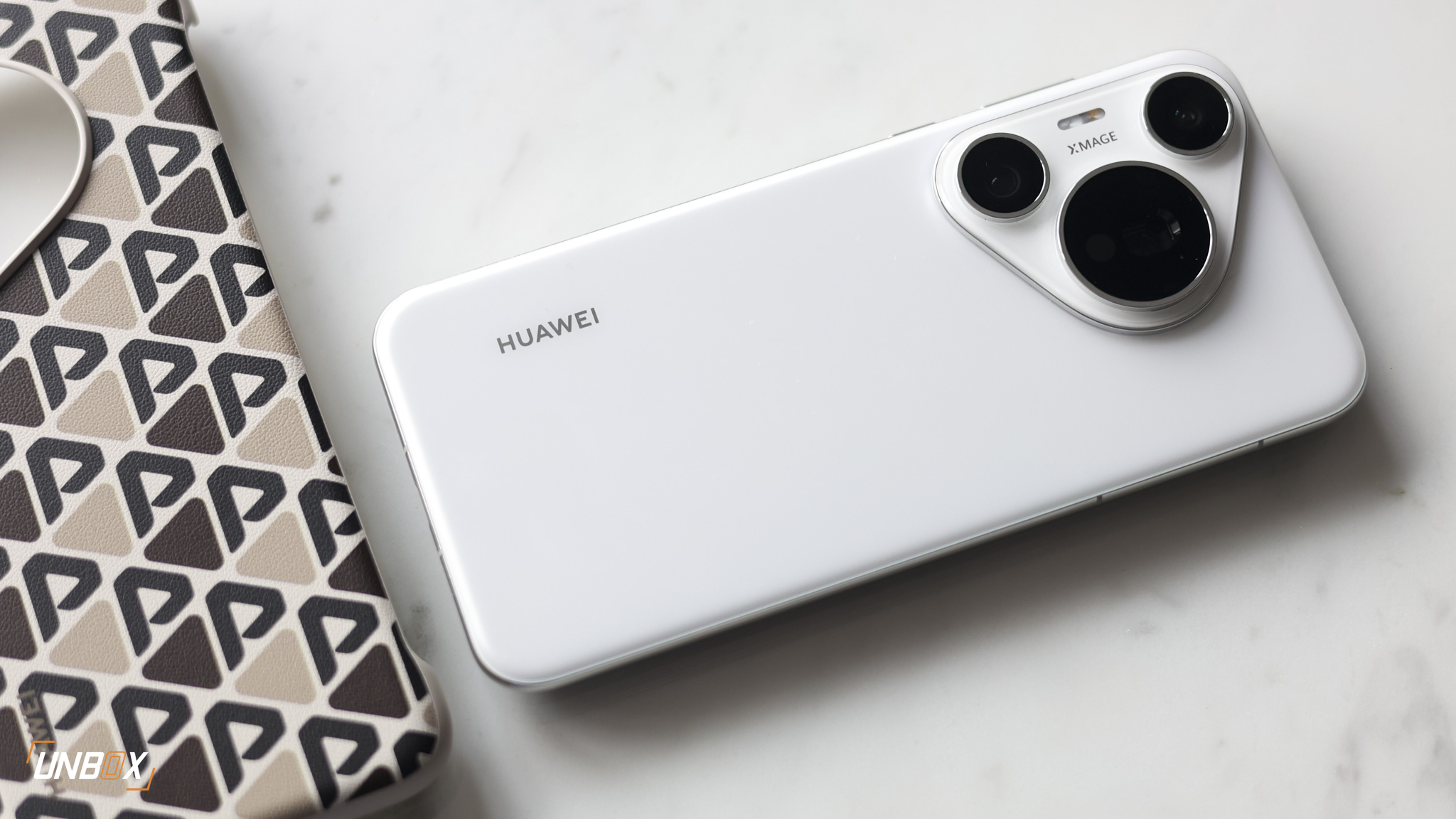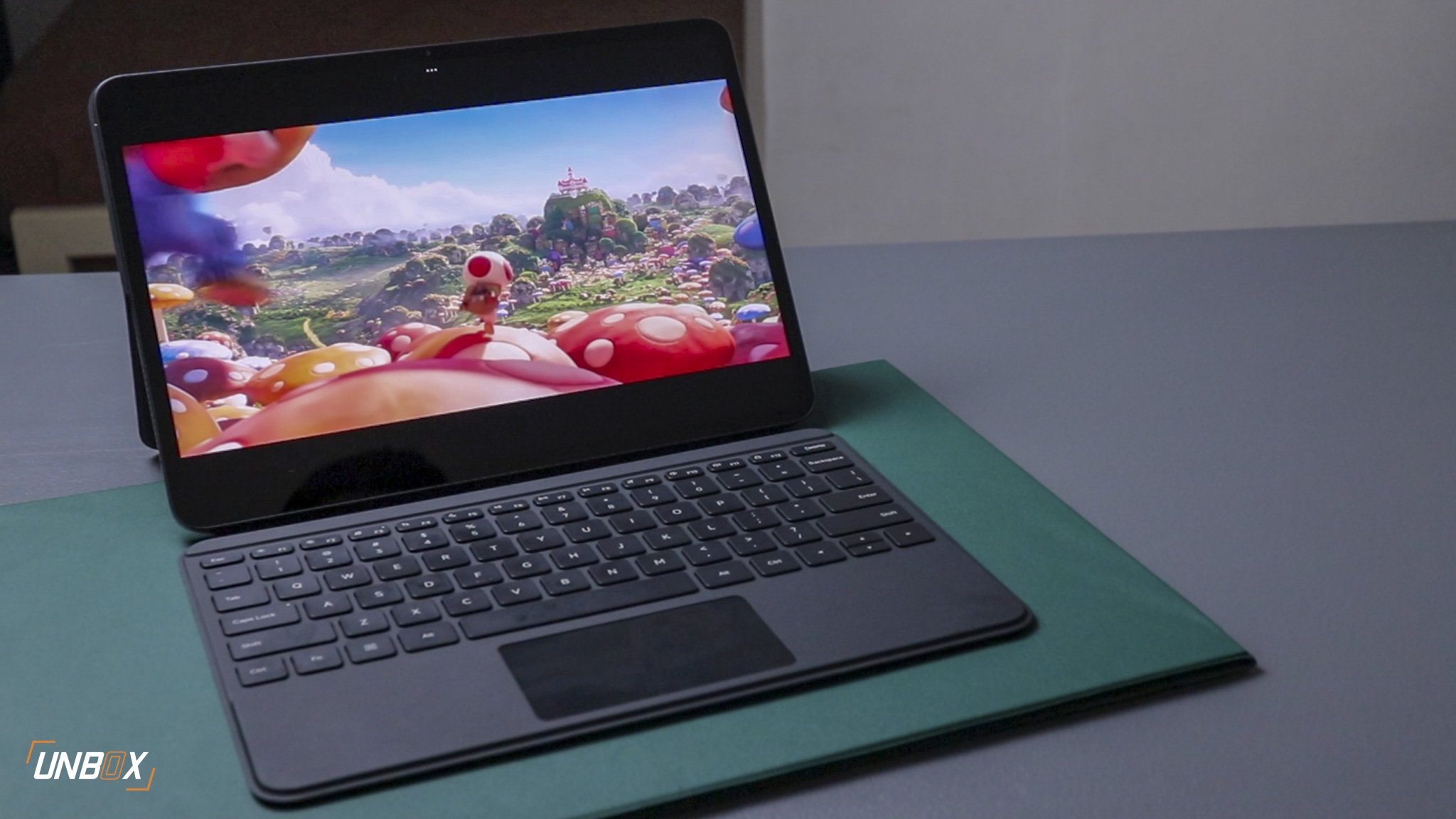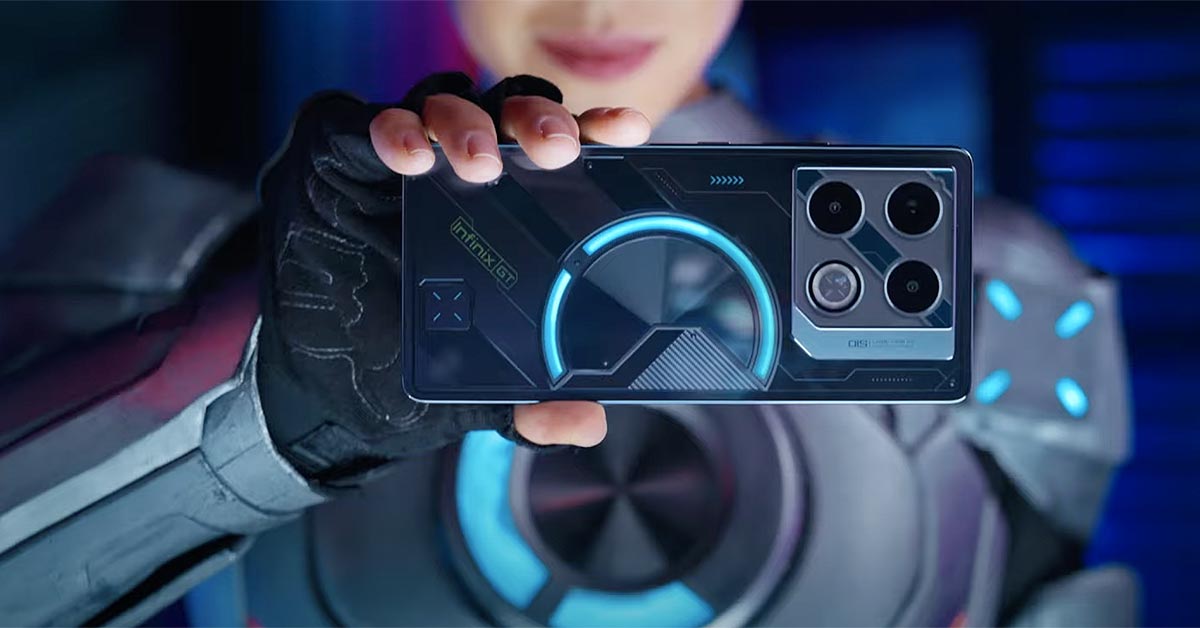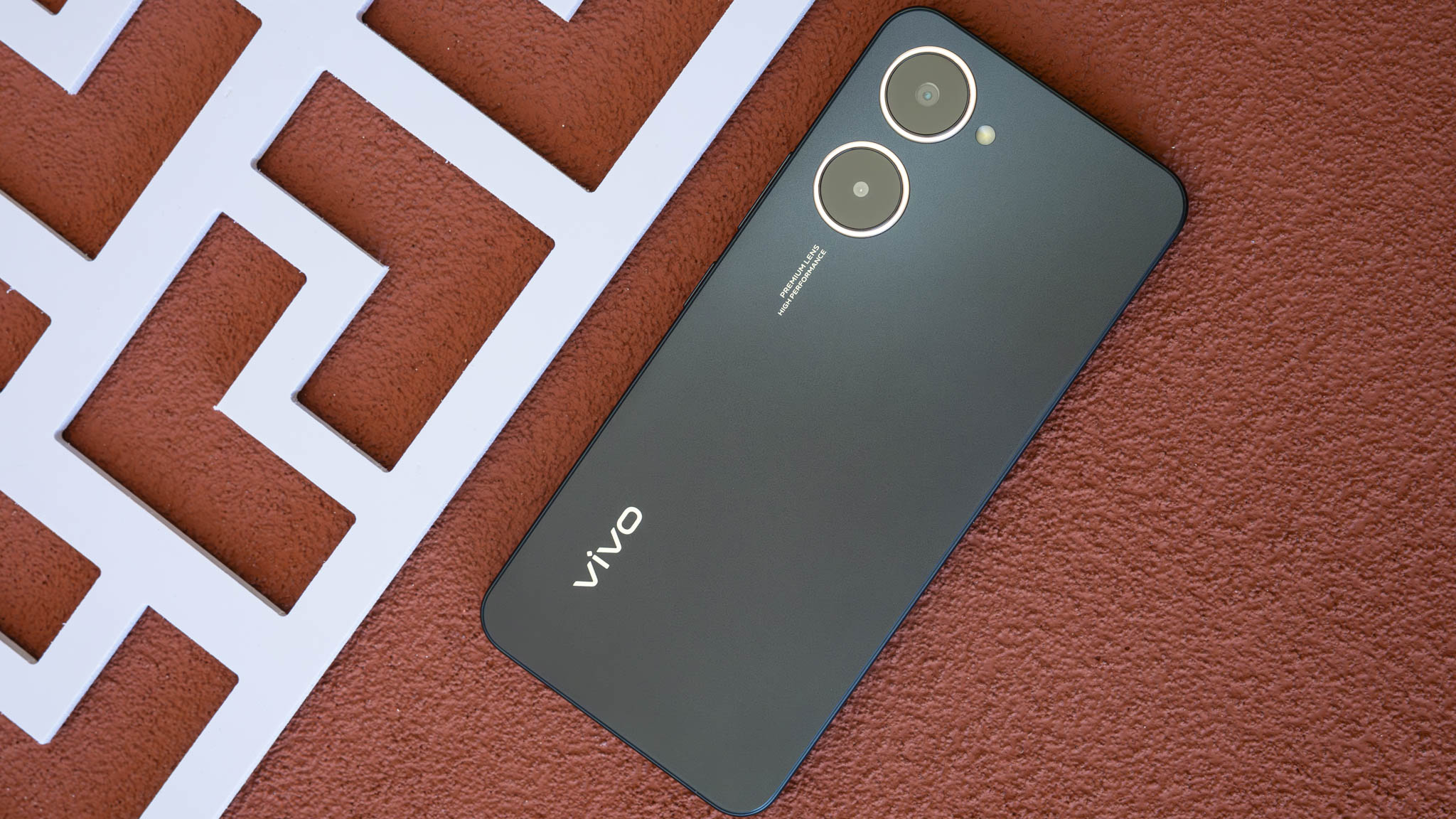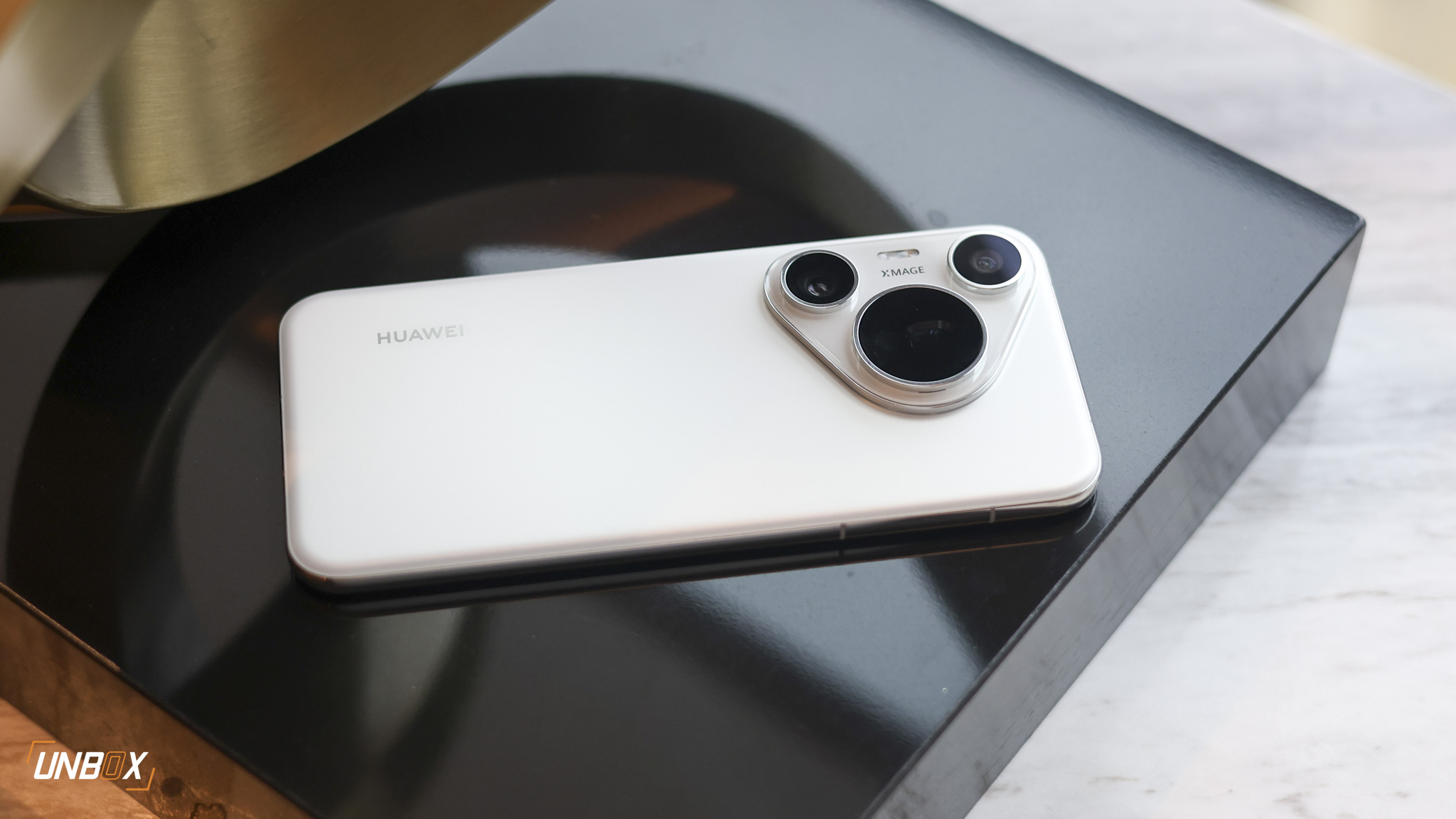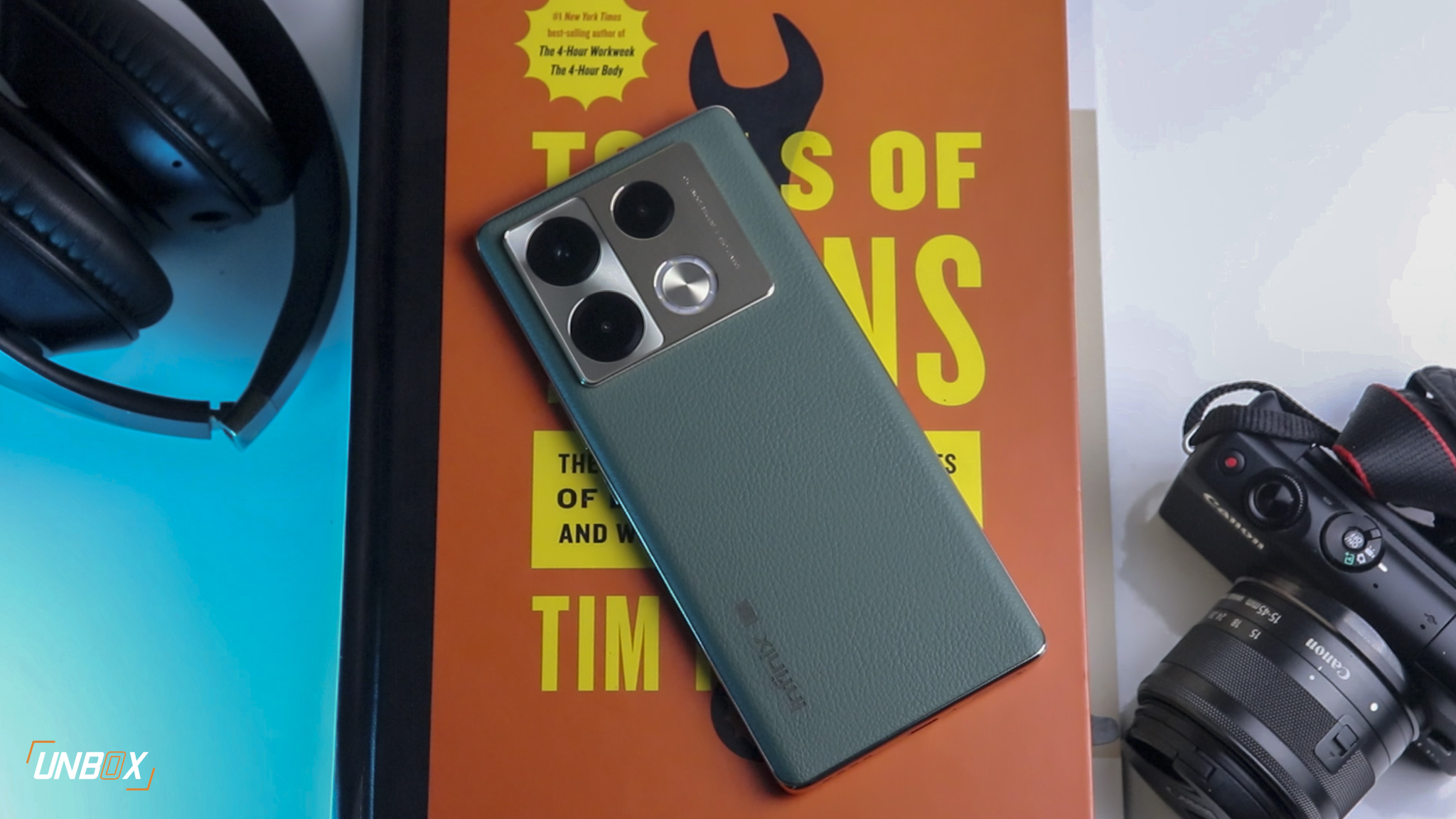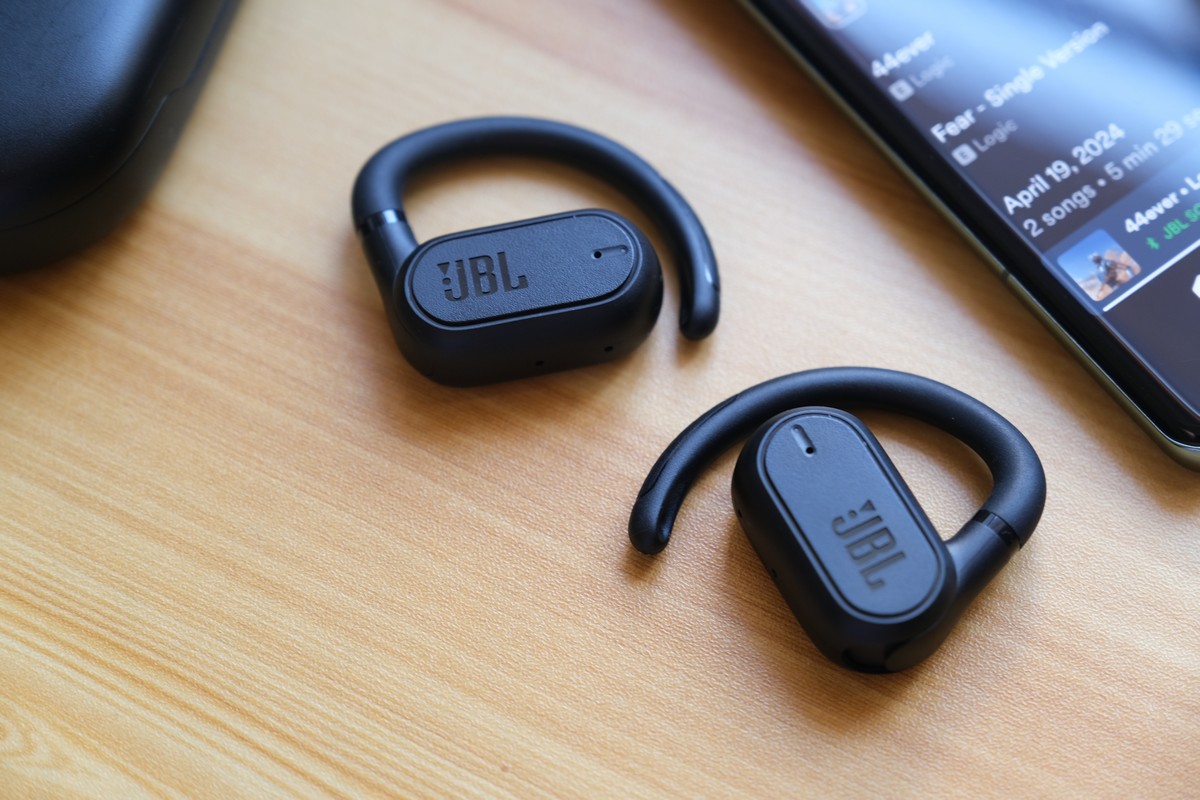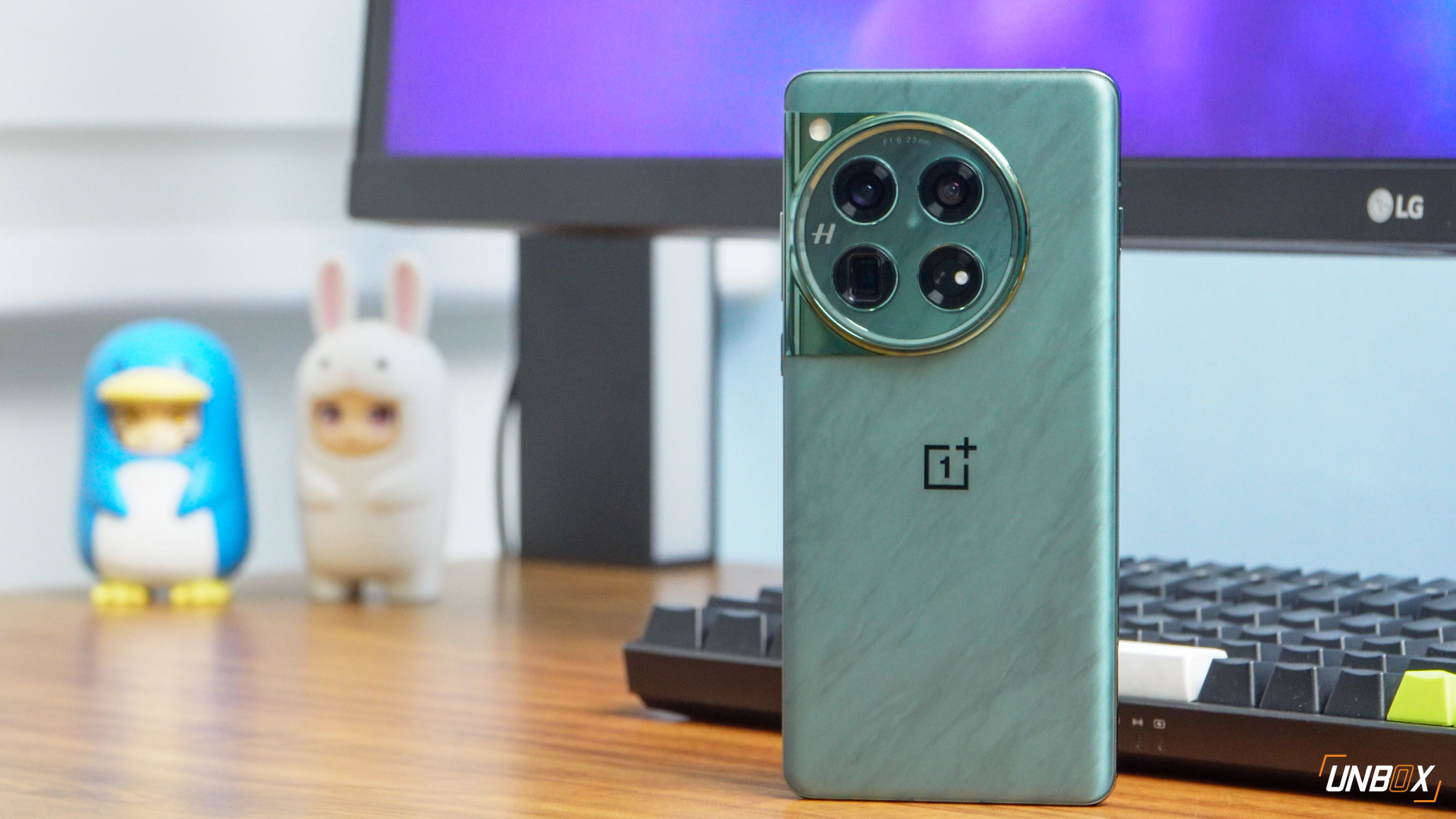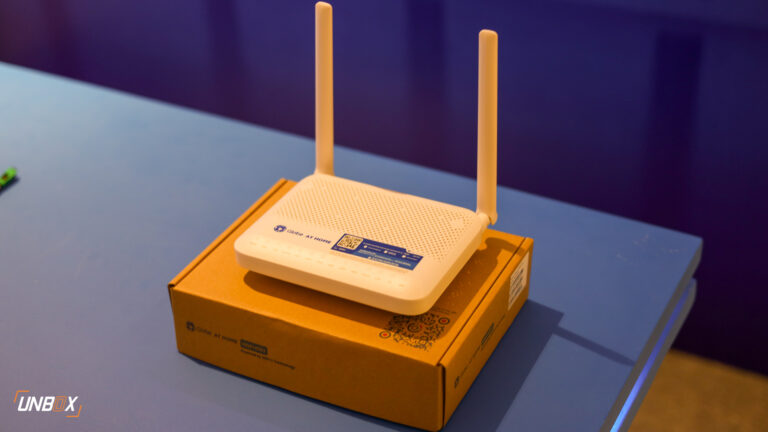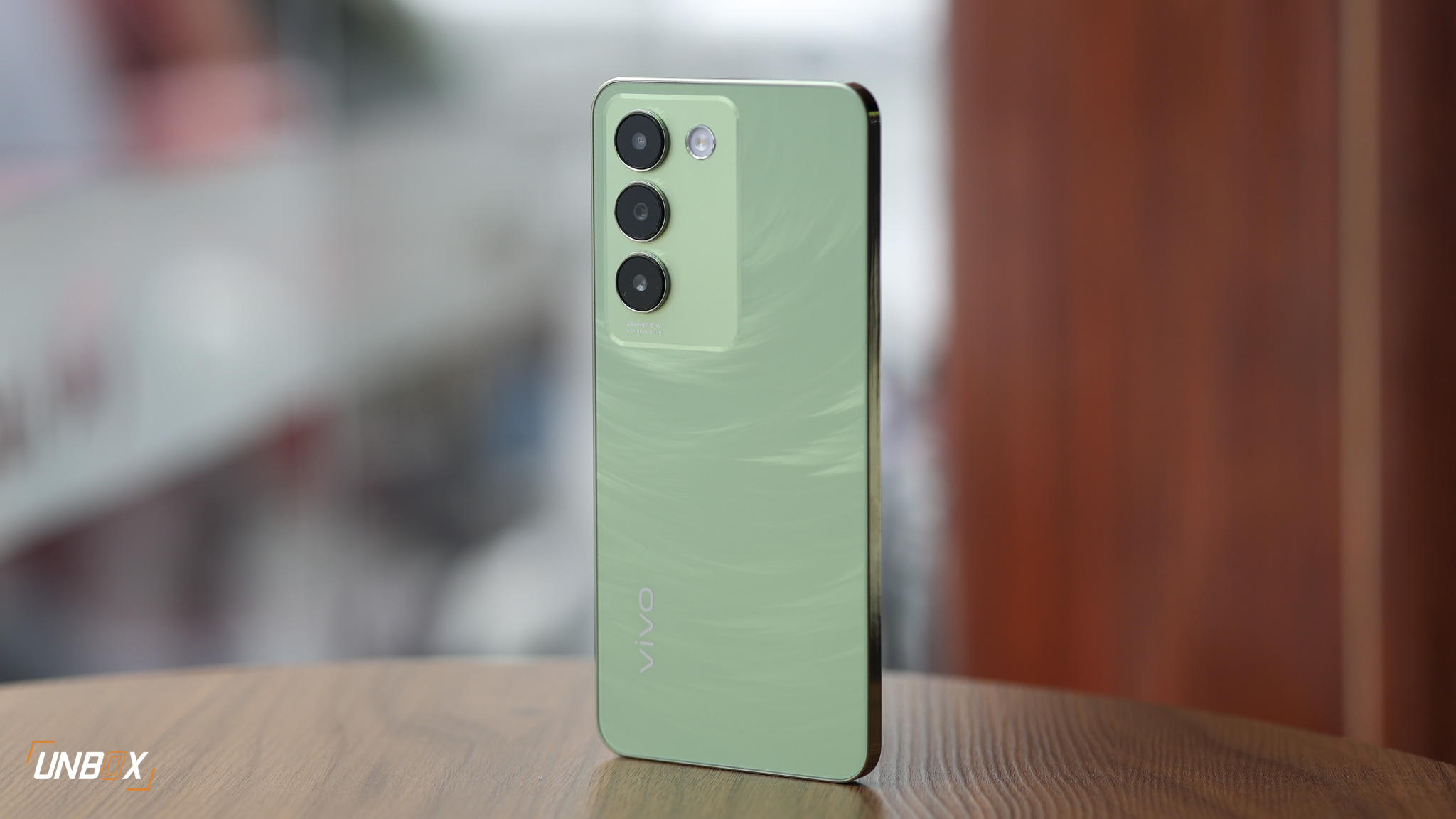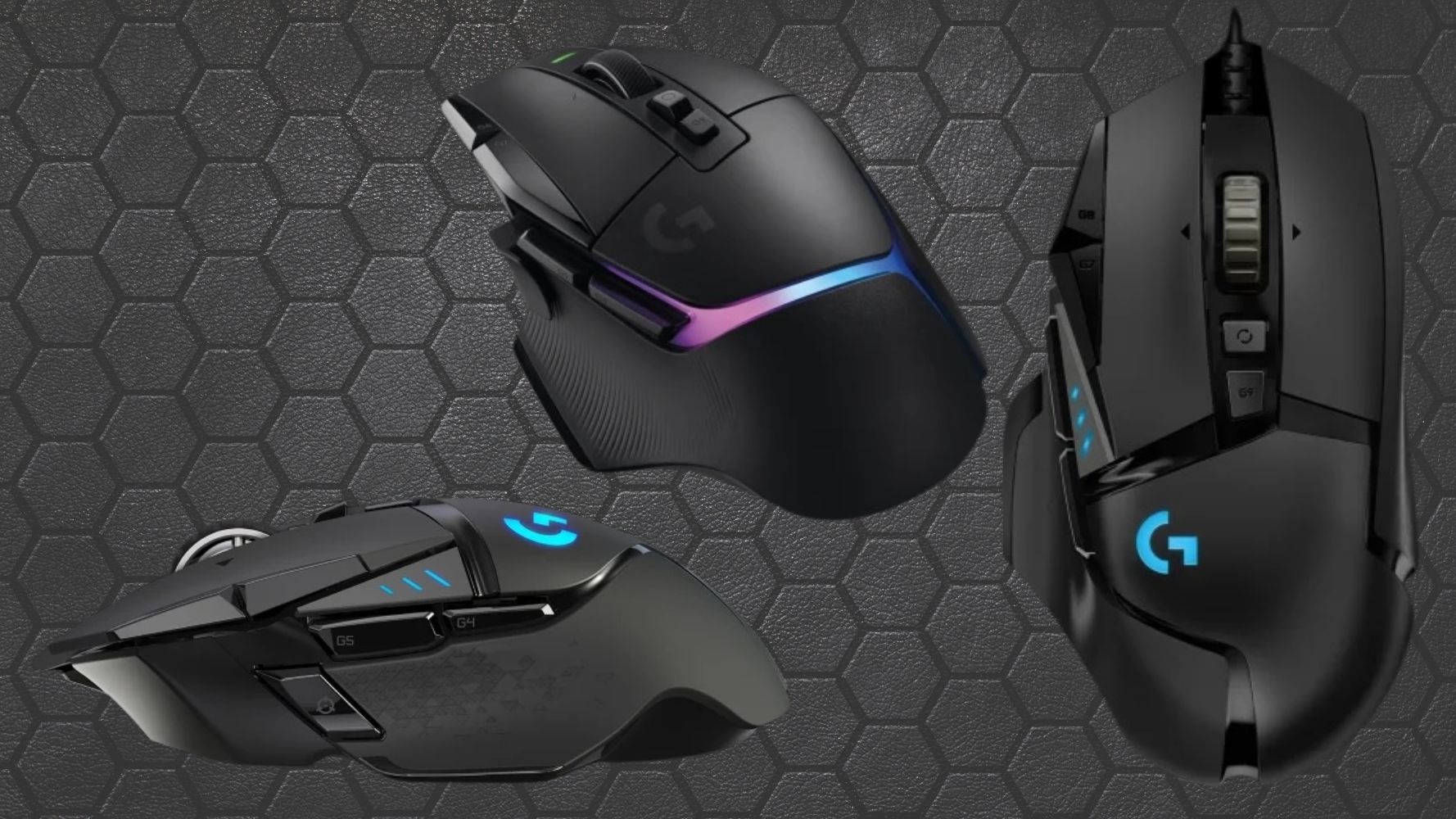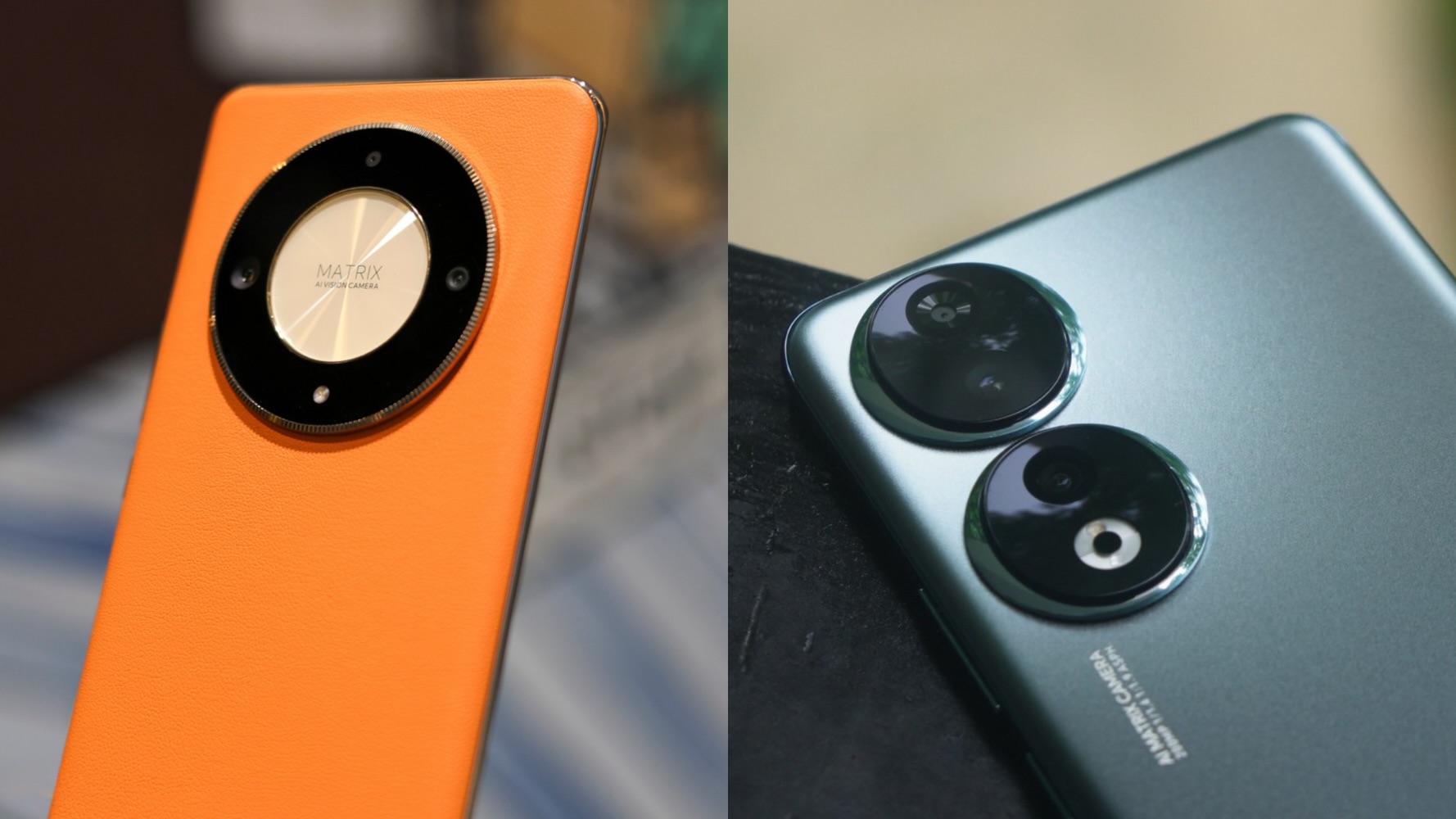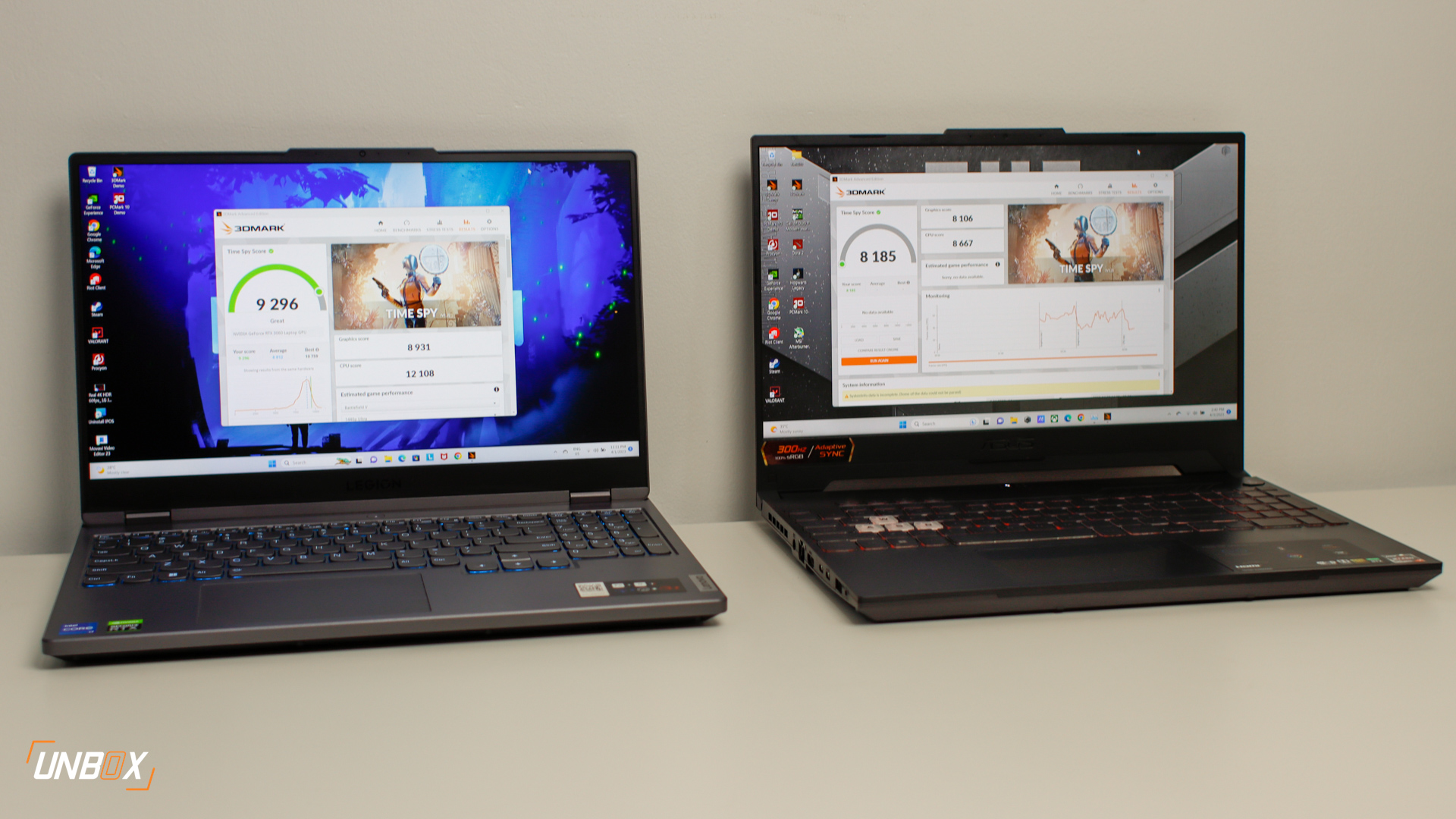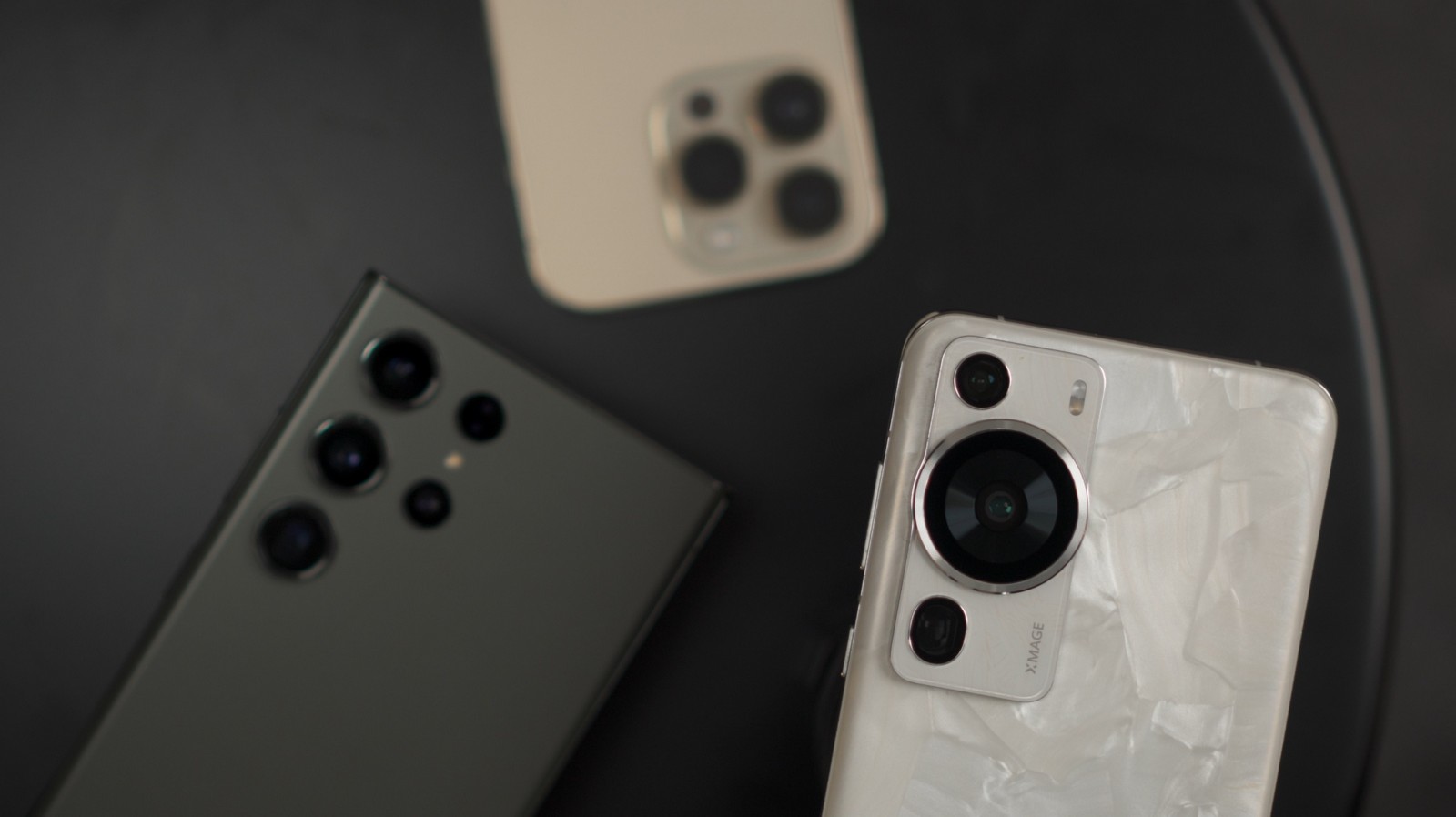This year’s Snapdragon Summit has officially unveiled the Snapdragon 8 Gen 3 as Qualcomm’s new chip that will power 2024 premium flagship phones. While performance improvements are expected compared to the previous-generation Snapdragon 8 Gen 2, Qualcomm is taking cues from Google’s playbook in its big bet on AI.
One of the main highlights of the Snapdragon 8 Gen 3 is its AI engine. Qualcomm claims to support multi-modal generative AI models and various large language models for speech recognition with its latest flagship chip, even bragging that the Snapdragon 8 Gen 3 can generate an image in a fraction of a second.
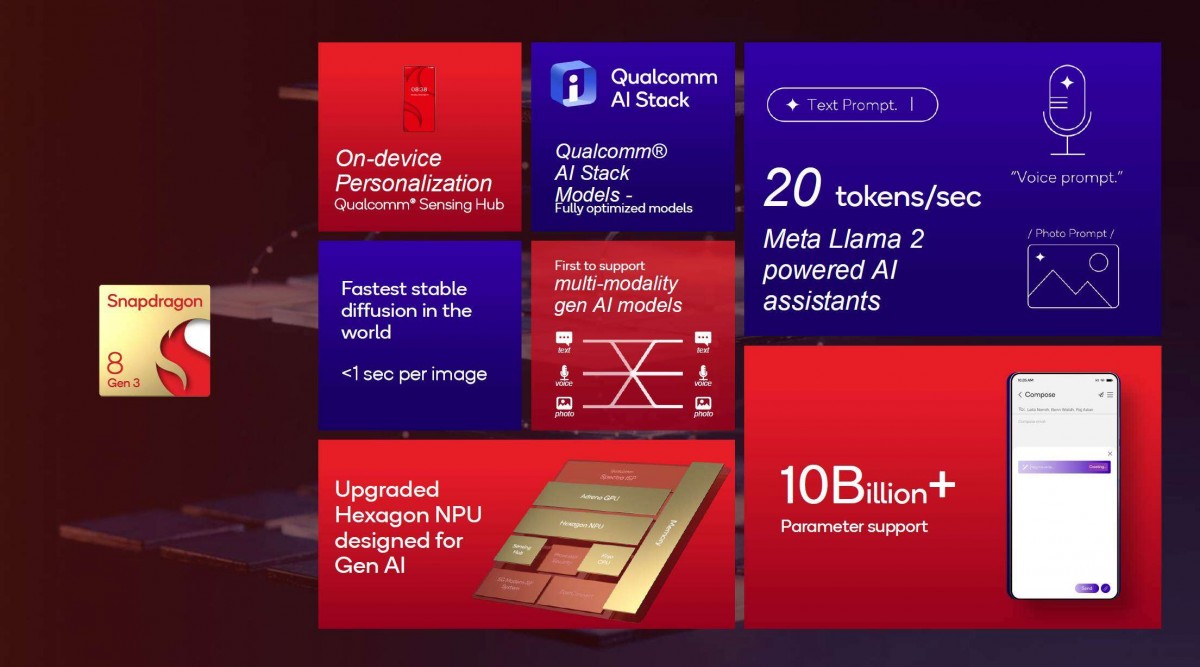
Speaking of imaging, Qualcomm wants to utilize AI with abilities like Semantic Segmentation for on-the-fly adjustments for vibrancy and details in images, Photo Expansion for extending an image beyond captured data, and Object Eraser for videos for removing unwanted objects and elements. There are also improvements in HDR and low-light shooting with all of these AI capabilities, along with maximizing footage captured at both the front and rear cameras at the same time.
Outside of camera performance, Qualcomm also wants to utilize AI with its Sensing hug feature, which makes use of your personal data for better AI assistant responses.
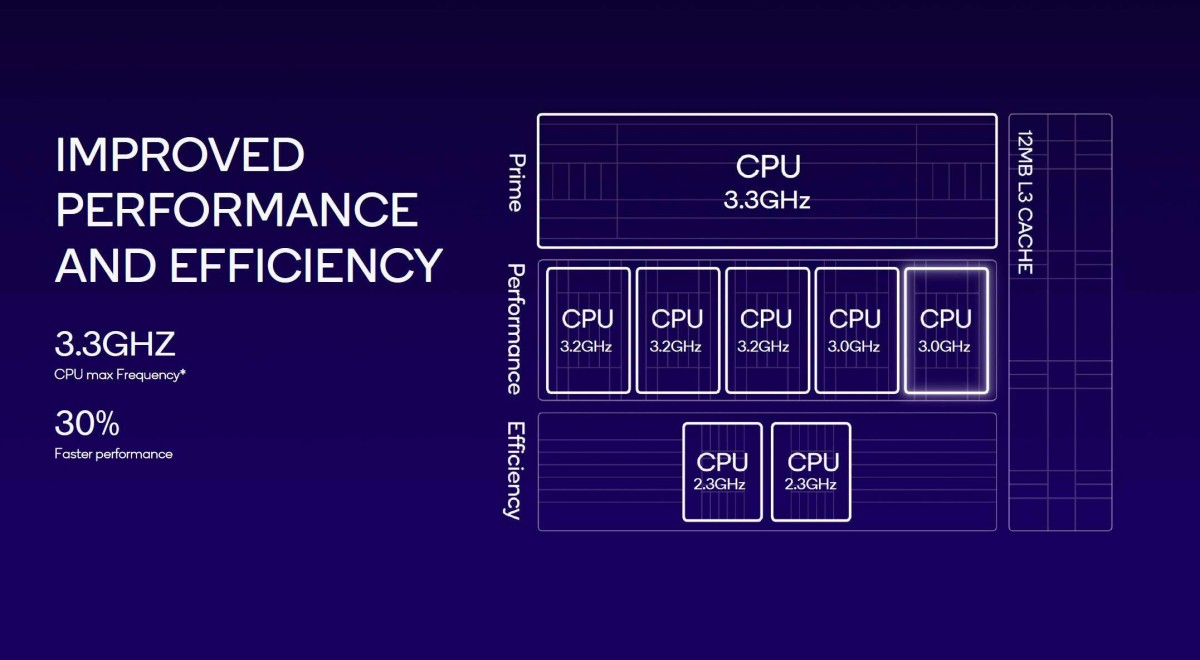
On the performance side of things, the Snapdragon 8 Gen 3 has a Cortex-X4 Prime Core running at 3.3Ghz, five performance cores running at 3.2Ghz, and two efficiency cores running at 2.3Ghz. This CPU configuration claims to deliver at least 30% better performance and 20% better efficiency than the Snapdragon 8 Gen 2–but we will need to get our hands on an actual unit to see if the numbers line up.
That CPU layout is part of the Snapdragon 8 Gen 3’s ability to dish out “console-defying” gaming with support for up to 240FPS, along with 40% better ray tracing for its Adreno GPU. Audiophiles will also love that Qualcomm’s new flagship chip supports 24-bit, 96Khz lossless audio over Bluetooth.
Devices using the Snapdragon 8 Gen 3 are expected to arrive in the coming weeks, with the Xiaomi 14 series being one of the first phones to use the 2024 flagship chip.


